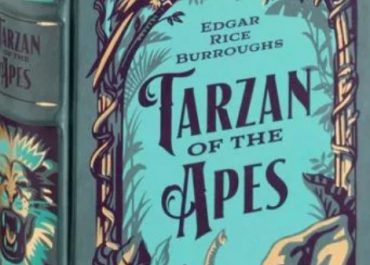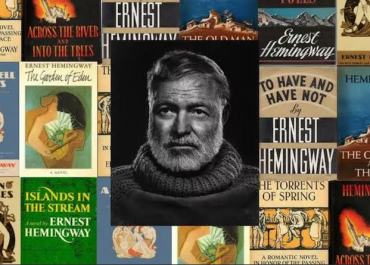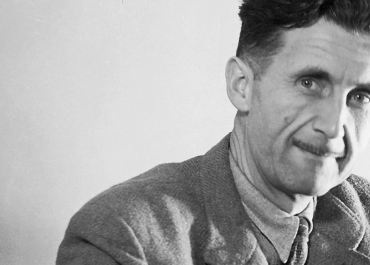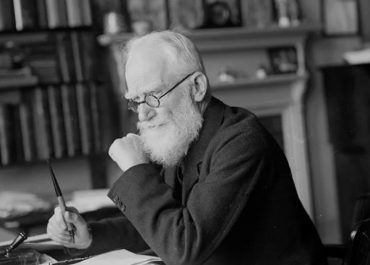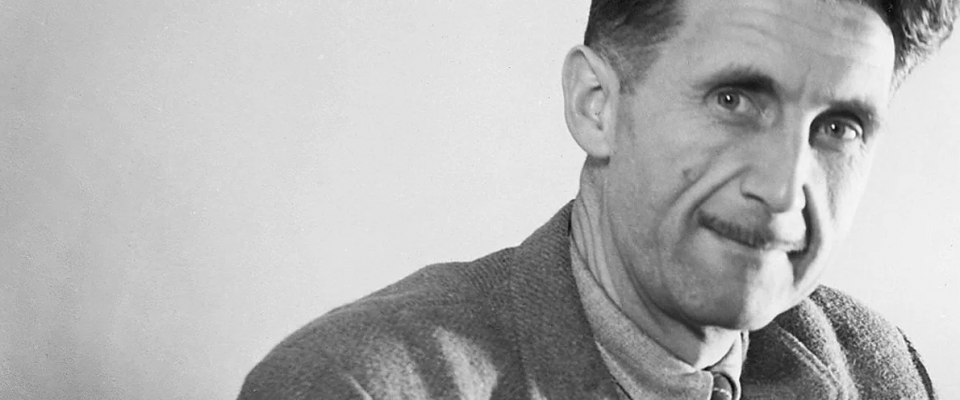
George Orwell’s novels have passed into the public domain
All six novels and a number of other works of George Orwell, published during his lifetime, have passed into the public domain. This means that a wave of new editions of the British writer’s works awaits us.
In addition, Orwell’s works can now be freely transferred to the theatrical stage, the cinema screen, adapted for the production of TV series, video games, etc. Though, for example, «1984» has several times become the basis for cinema and TV films, radio adaptations, theatrical plays, opera and ballet performances, the copyright law has prevented the realization of some other planned projects. For example, it is known that in the early 1970s, the writer’s widow Sonia forced David Bowie to abandon the idea of creating a musical based on this novel.
George Orwell is the literary pseudonym of the writer, journalist, and publicist Eric Arthur Blair (1903-1950), known for his anti-totalitarian and social-democratic views. He wrote six novels: Days in Burma, The Priest’s Daughter (1935), Long live the ficus! (1936), A Breath of Air (1939), Animal Farm (1945) and 1984 (1949), as well as many documentary and journalistic works. Orwell is considered one of Britain’s most influential writers of the mid- and second half of the twentieth century, and his novel-antiutopia 1984 has been called a model of the genre.
He was born in Bengal in the family of an employee of the Opium Department of the British colonial administration. After graduating from the prestigious Eton High School, from October 1922 to December 1927, he served in the Indian Imperial Police in Burma. Then, abruptly changing his life, he tried to earn a living by literary work, wandered, wrote books, articles and reviews, lived in the working-class neighborhood of Paris, harvested hops in Kent, taught school, worked in a London bookstore, fought in Spain on the side of the Republicans, was wounded, in the late thirties he recovered health in Morocco, then lived in the village near London. During World War II he worked for BBC radio, was a war correspondent in France, Germany and Austria from February to May 1945, and then, widowed, lived most of the time on the island of Jura off the coast of Scotland, where he wrote «1984». In January 1950 he died of tuberculosis.
